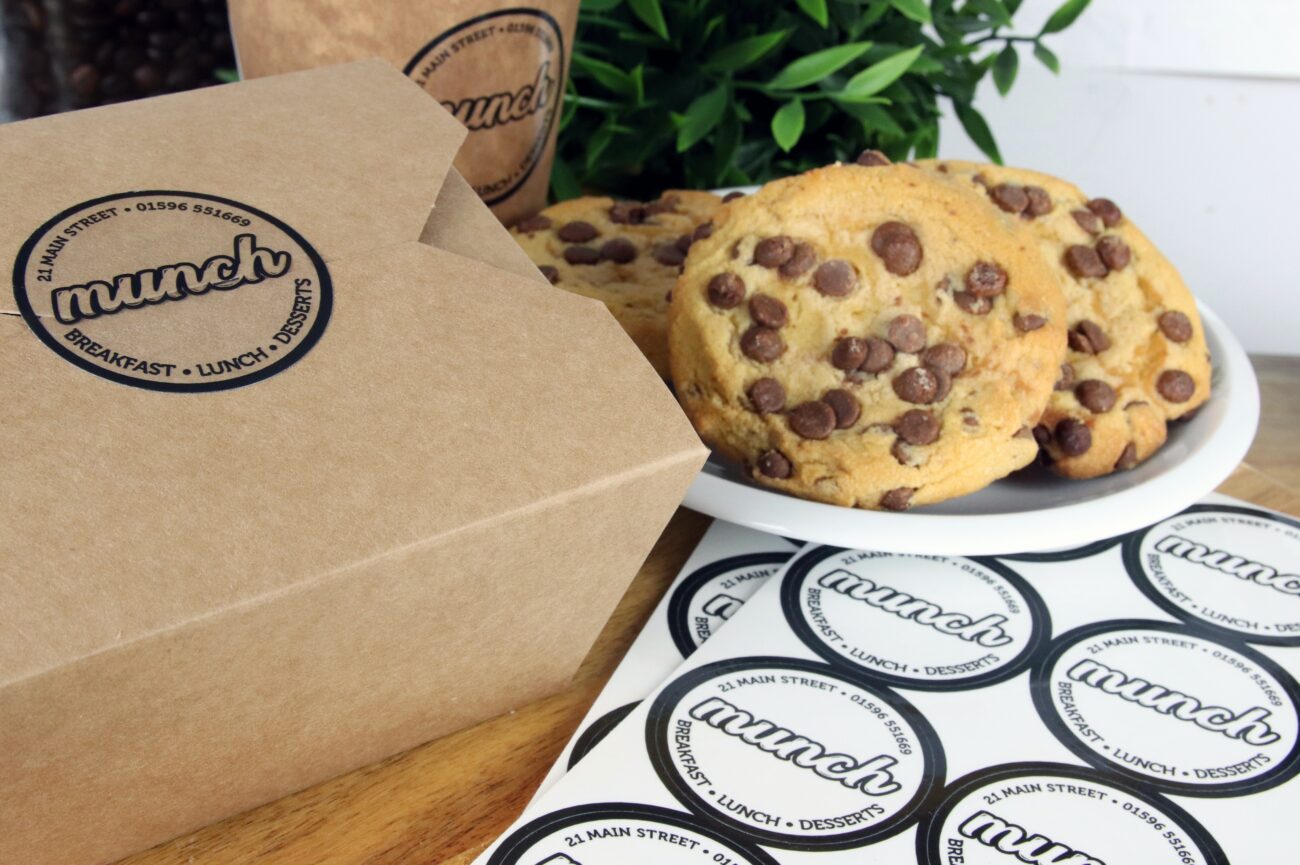Let’s clear up some doubts and address a few misconceptions about what people do when they say they work in Digital Marketing.
If I look back at the last 10 years of work spent in this world, the world of Digital Marketing, I often find it hard to explain my job in a simple way.
- My mom continues to tell her friends, “My son works with advertisements”;
- My former coach asks me every time we meet, “What about You? Do you always work with social media?”;
- And in some emails from colleagues, the tone is more authoritative but still vague, saying, “When we start developing the website and need to talk about technical things like servers and DNS, we’ll keep you in the loop.”
But where does this misunderstanding come from?
Simply, it’s challenging to explain complex topics in simple words without stripping them of their essence.
Sometimes, we boast about doing strategies, campaigns, engagement projects, and lead generation. However, most of the people listening would rather respond with a simple “Please speak plain language,” nodding their heads as if they understood, to shift the conversation elsewhere.
Other times, we oversimplify by saying, “I build websites and manage the social channels of the company or brand I work for.” Yet, even in this case, we’re not entirely telling the truth.
So, returning to the initial question: What does someone who works in Digital Marketing actually do?
They simply do marketing, but they do it by focusing on digital channels.
Doing Marketing
Doing marketing in the simplest terms means making a product or service known to people while simultaneously increasing their desire to buy it. Imagine having a new brand of cookies that you’ve just created. Running a marketing campaign would involve telling people who you think might be interested in your product, making them curious to try your cookies.
You could create a cute ad showing how delicious and unique your cookies are, perhaps mentioning that they’re made with special ingredients or following a secret recipe. This way, you try to pique people’s interest in buying your cookies instead of those from other brands.
Focusing on Digital Channels
When thinking about digital channels, many immediately think of the internet, which is not entirely correct. Digital Marketing encompasses all digital channels used to reach potential customers: Facebook, emails, a flyer, a tablet used by a hostess at a fair, etc.
This container can be divided into two distinct sections:
The offline Digital Marketing uses digital technology but doesn’t require an internet connection or online presence. For example:
- Digital Billboards: Digital advertising panels that can display dynamic promotional messages.
- SMS Marketing: Sending promotional or informative messages via SMS.
- Tablets in Stores or Cafés: Using tablets in shops or cafes to present information, offers, or interactive content.
- Offline Mobile Applications: Mobile applications that work even without an internet connection, such as games or guides.
On the other hand, online digital marketing is carried out through online channels with an internet connection, such as:
- Search Engines (Google) & SEO (Search Engine Optimization): Optimizing online content to be better found on Google.
- PPC (Pay-Per-Click): Paid and sponsored ads on Google.
- Websites: Online presence through a company website.
- Email Marketing: Sending promotional emails, newsletters, or direct communications to users.
- Social Media Marketing: Using social media platforms (like Facebook, Instagram, TikTok, X/Twitter) to promote products or services.
- Content Marketing: Creating and sharing relevant and high-quality content to attract and engage the audience.
- Affiliate Marketing: Collaborating with online partners to promote products or services in exchange for commissions.
- Video Marketing: Creating and sharing promotional or informative videos on platforms like YouTube.
- Banner Ads: Visual ads on websites or online platforms.
So, returning to our new line of cookies; with Digital Marketing, we could reach people exposed to all those channels to let them know more about our delicious cookies. We could use the online and offline tools mentioned above, either all together or one at a time.
This, of course, depends on our product strategy (our goals), the presence of our customers on those channels, and, most importantly, the budget we want to spend to make our cookies known to others.
In conclusion, after describing what we do on a daily basis, trying to stay as down-to-earth as possible, you might think that Digital Marketing is not as cool as movies portray it to be. In reality, there are no meetings on bean bags while eating popcorn, no brainstorming while playing foosball with colleagues, and no meeting rooms with tables ready for beer pong.
All that remains is much more rational and boring.
Sometimes the thought that goes through your head is: “Turn off TikTok and open a nice Excel macro.”

